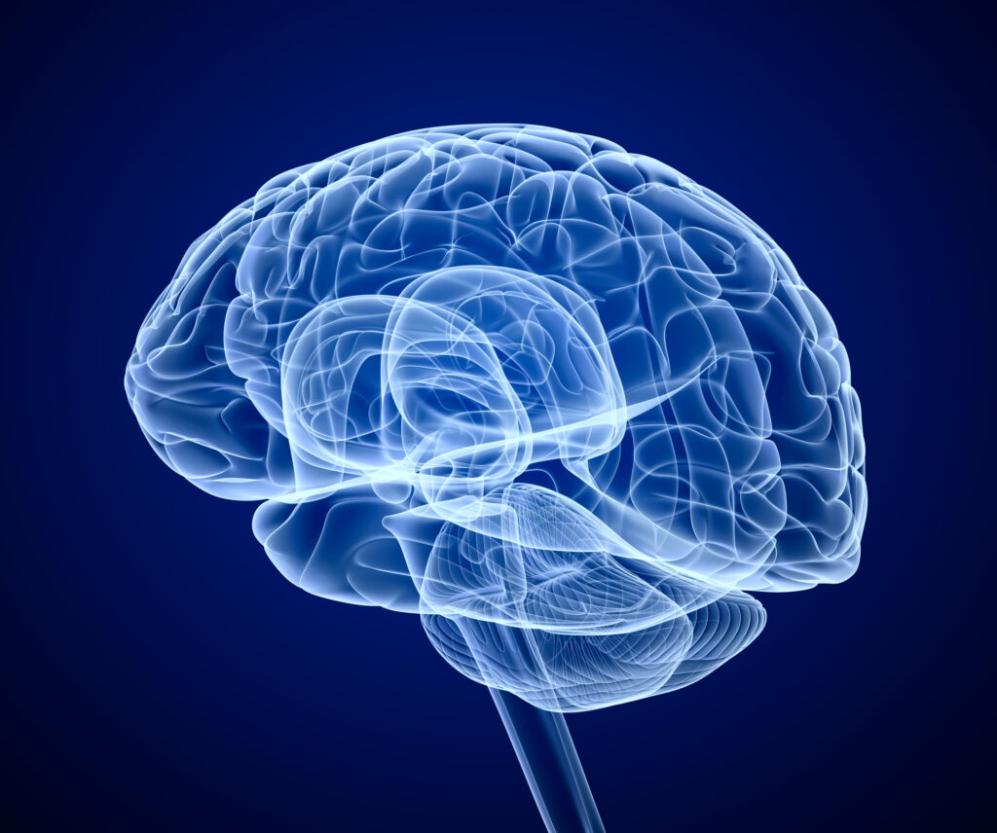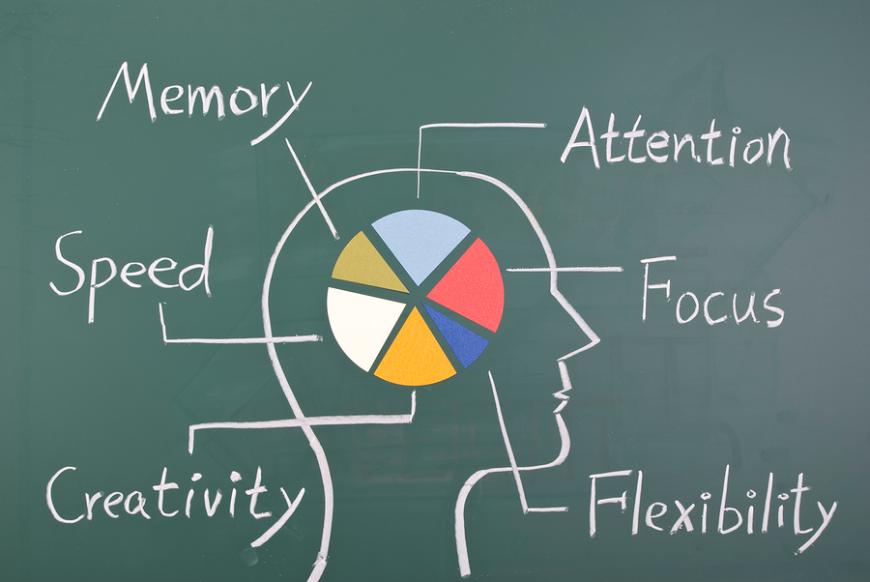How Does the Brain Age?
As we age, our brains undergo significant changes that can affect our cognitive abilities and overall brain health. Understanding the process of brain aging is crucial for comprehending cognitive decline and neurodegenerative diseases.

Structural Changes In The Aging Brain
As we age, our brains undergo several structural changes that contribute to age-related cognitive decline:
Reduction In Brain Volume
- The brain loses volume, particularly in the frontal cortex, hippocampus, and cerebellum, regions involved in higher-order cognitive functions.
- This reduction in brain volume is associated with declines in memory, attention, and executive function.
Thinning Of The Cerebral Cortex
- The cerebral cortex, responsible for higher-order cognitive functions, thins with age.
- This thinning is associated with a decline in cognitive abilities, such as problem-solving and decision-making.
Accumulation Of Amyloid Plaques And Tau Tangles
- In Alzheimer's disease and other neurodegenerative disorders, amyloid plaques and tau tangles accumulate in the brain.
- These abnormal protein aggregates disrupt neuronal function and contribute to cognitive decline.
Functional Changes In The Aging Brain
Brain aging also leads to functional changes that affect cognitive performance:
Decline In Cognitive Abilities
- Cognitive abilities, including memory, attention, processing speed, and executive function, decline with age.
- This decline is associated with structural changes in the brain, such as reduced brain volume and thinning of the cerebral cortex.
Changes In Brain Connectivity
- Brain connectivity, the communication between different brain regions, changes with age.
- Reduced functional connectivity within and between brain networks is associated with cognitive decline.
Alterations In Neurotransmitter Systems
- Neurotransmitter systems, such as dopamine and serotonin, undergo changes with age.
- These alterations contribute to age-related cognitive decline and are implicated in neurodegenerative diseases.
Factors Influencing Brain Aging
Brain aging is influenced by a complex interplay of genetic, environmental, and lifestyle factors:
Genetic Factors
- Genetic factors play a role in individual differences in brain aging and susceptibility to neurodegenerative diseases.
- Certain genes may increase or decrease the risk of developing cognitive decline or neurodegenerative disorders.
Environmental Factors
- Environmental factors, such as diet, exercise, stress, and social engagement, influence brain aging and cognitive decline.
- A healthy lifestyle, including a balanced diet, regular exercise, stress management, and social engagement, can promote brain health and reduce the risk of cognitive decline.
Lifestyle Choices
- Lifestyle choices, such as smoking, alcohol consumption, and sleep patterns, can impact brain health and aging.
- Smoking, excessive alcohol consumption, and poor sleep hygiene are associated with an increased risk of cognitive decline and neurodegenerative diseases.
Strategies For Healthy Brain Aging
Adopting a healthy lifestyle and engaging in brain-stimulating activities can promote healthy brain aging and reduce the risk of cognitive decline:
Physical Activity
- Regular physical activity improves brain health and cognitive function.
- Exercise increases blood flow to the brain, promotes neurogenesis (the birth of new neurons), and reduces inflammation.
Cognitive Stimulation
- Engaging in mentally stimulating activities, such as reading, puzzles, and learning new skills, helps maintain cognitive function.
- Cognitive stimulation promotes neuroplasticity, the brain's ability to adapt and change throughout life.
Social Engagement
- Maintaining social connections and engaging in social activities is important for brain health.
- Social engagement stimulates cognitive function, reduces stress, and promotes overall well-being.
Stress Management
- Chronic stress can negatively impact brain health and increase the risk of cognitive decline.
- Stress management techniques, such as meditation, yoga, and deep breathing, can help reduce stress and promote brain health.
Dietary Interventions
- A healthy diet, such as the Mediterranean diet, is associated with better cognitive function and a reduced risk of cognitive decline.
- Certain dietary components, such as omega-3 fatty acids and antioxidants, may support brain health.

Brain aging is a complex process influenced by genetic, environmental, and lifestyle factors. Understanding the mechanisms of brain aging is crucial for developing strategies to prevent or delay cognitive decline and neurodegenerative diseases. Adopting a healthy lifestyle, engaging in brain-stimulating activities, and managing stress can promote healthy brain aging and maintain cognitive function.
YesNo

Leave a Reply